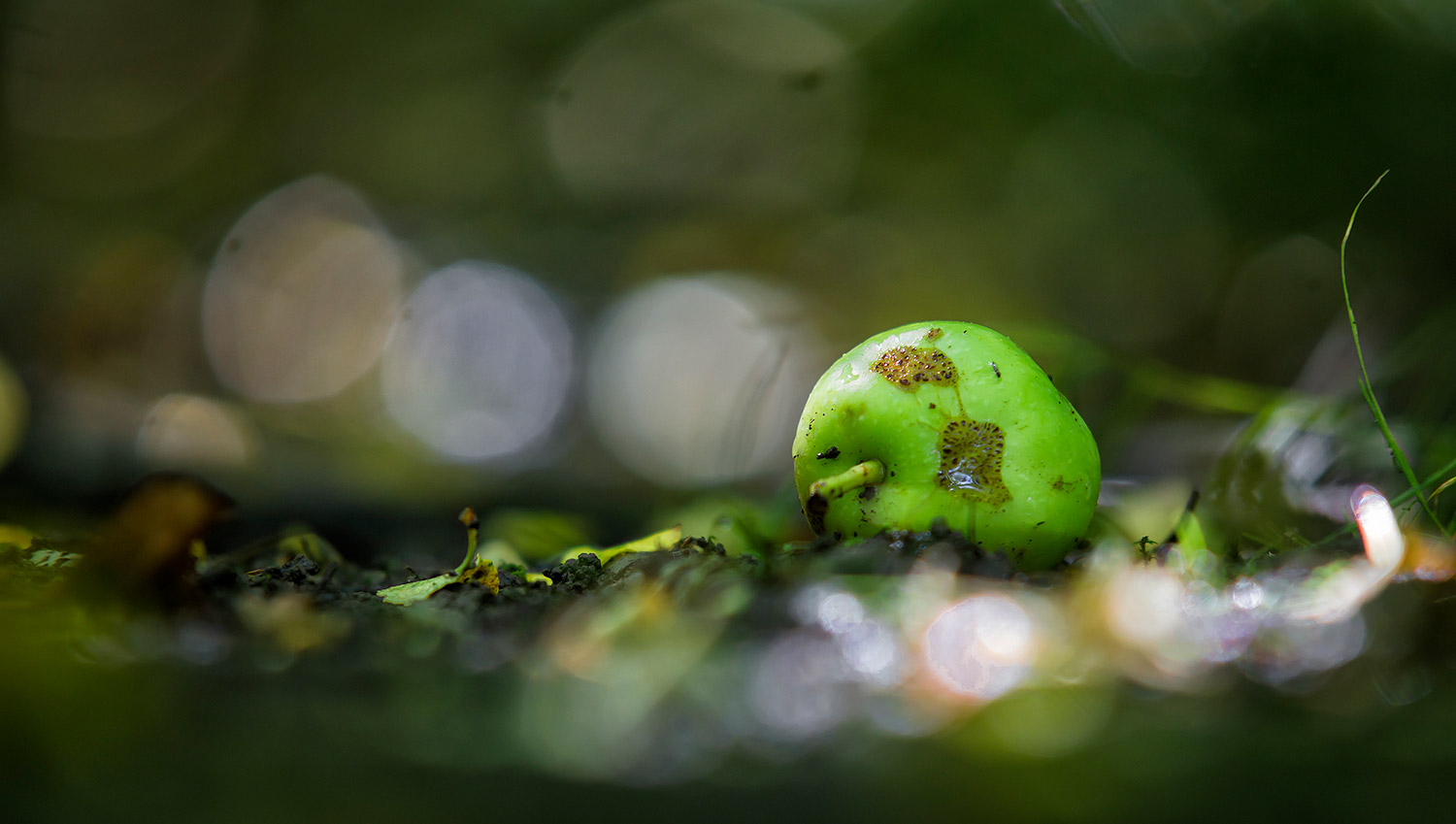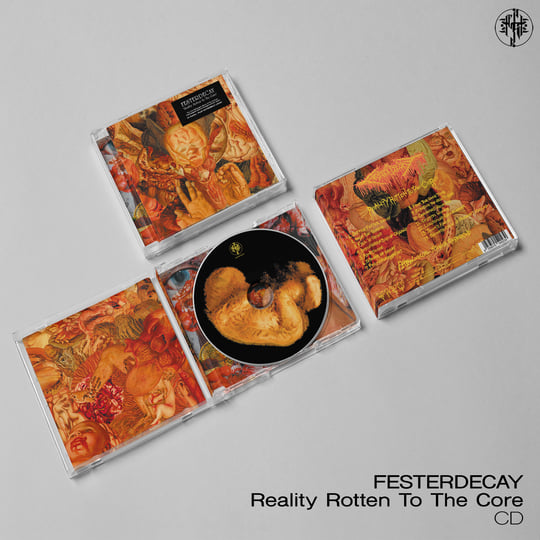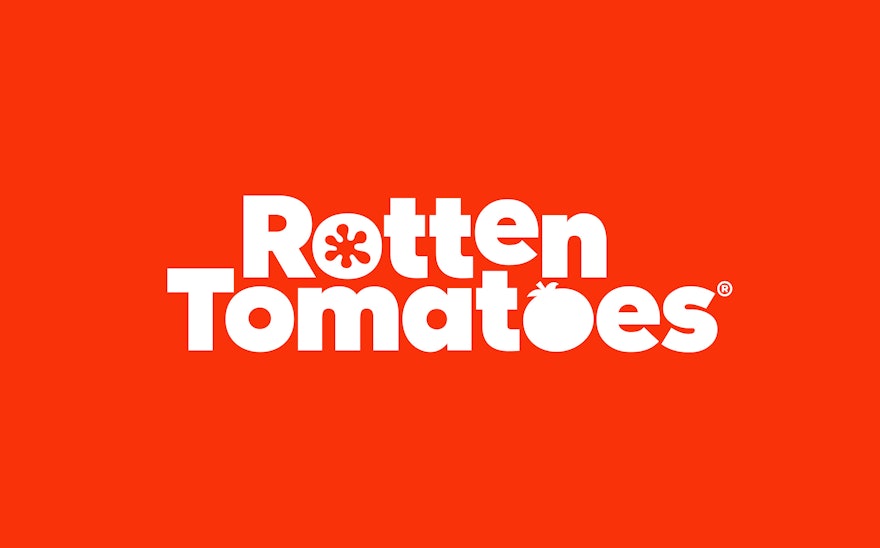A Rotten Apple Really Does Spoil the Barrel Office for Science and Society - McGill University
Por um escritor misterioso
Descrição
A rotten apple spoils the whole barrel. That’s not just an old adage. It’s a scientific fact. And it all has to do with ethylene, a gas produced internally by the fruit to stimulate ripening. Basically, ethylene is a plant hormone. Our word “hormone” derives from the Greek “hormon” meaning “to set in motion,” and that is just what ethylene does. It sets in motion a large number of enzymatic processes that are in general responsible for ripening. An increase in ethylene concentration enhances tissue respiration which is the process of producing energy to drive biochemical processes through the reaction of stored sugar with oxygen. These reactions lead to a breakdown of the green pigment chlorophyll and the synthesis of other pigments. Starch is converted to simple sugars, and at the same time pectin, a type of fibre that cements cell walls together, begins to disintegrate, softening the tissue. Rotting is just the end stage of ripening, with more and more ethylene being released into the surrounding air. This stimulates the ripening of nearby fruit, setting off sort of a chain reaction that results in the spoilage of the whole barrel. Apple producers are commonly plagued by this problem because meeting the year-round demand for apples means that in some cases the fruit has to be stored for months. This has necessitated the development of various technologies to counter the effects of ethylene in the atmosphere of the storage facility. Since the 1960’s growers have kept apples firm in warehouses by slowing respiration through reducing oxygen and raising carbon dioxide levels. Such “controlled atmosphere storage” has allowed some varieties of apples to be sold all year, although they don’t keep their full flavour and can go soft and mealy. Another idea is to prevent ethylene from stimulating respiration in the first place. One obvious method is the use of substances that can remove ethylene either by absorbing it or by eliminating it through a chemical reaction. Activated carbon or minerals called zeolites can absorb ethylene very effectively. Zeolites derive their name from the Greek words for “boil” and “stone” because back in the 18th-century Swedish mineralogist Axel Fredrik Cronstedt found that heating a type of naturally occurring mineral called stilbite caused copious amounts of steam to be released. The mineral had apparently absorbed water from its surroundings and stored it until it was released by heat. It turned out that zeolites were capable of absorbing a variety of other chemicals as well. This provided an explanation for the tradition of storing apples in caves around the Japanese town of Oya. This town is located on the site of an ancient volcano that once spewed out lava that hardened into what has come to be called “Oya stone.” This stone is a complex mixture of various minerals but is rich in zeolites, which are very efficient at absorbing ethylene gas. Today, pellets of zeolite are used by various companies to remove ethylene from the atmosphere when produce is being stored or transported. These minerals are also incorporated into plastic bags sold to consumers for storage of produce at home. The plastic is also impregnated with potassium permanganate, a chemical that removes ethylene by reacting with it to yield harmless potassium oxide and carbon dioxide. There is yet another way to tackle the ethylene problem. After being generated within the fruit, the gas travels through the tissues until it fits into receptors in cells, much like a key fits into a lock. When there is a proper fit, the ripening reactions are triggered. If the receptor can be blocked by another molecule, ripening can be prevented. The problem is to find a substance that is similar enough to ethylene, enabling it to bind to the receptor, but different enough to prevent stimulating the receptor. An analogy would be a key that fits a lock but cannot unlock it. Such a molecule has been found. Since 2002, 1-methylcyclopropene has been successfully used to block the action of ethylene. The fruit is placed in a chamber where it is exposed to the gas before being stored in a facility for up to a year. The amount of 1-methylcyclopropene absorbed by the fruit is very little and presents no health problem but while the texture and colour are well maintained, there is a slight loss of flavour. If you want the taste of a freshly picked apple, you have to go and pick one. But we cannot do that in the middle of winter. So thank goodness for the chemical ingenuity that allows us to eat apples year-round. @JoeSchwarcz

How To Harvest, Store & Process Apples

To Panama And Back, by Henry T. Byford, M. D.—A Project Gutenberg eBook

WOW magazine Issue 1 2019 - Icelandic food by WOW air - Issuu

Articles by Joe Schwarcz Phd Office for Science and Society - McGill University

Articles by all authors Office for Science and Society - McGill University

Projections 12: New Approaches to Law and Planning by MIT DUSP - Issuu
Does one bad apple really spoil the barrel? - Quora

WhenTechnologyFailsAManualforSelfRelianceandPlanetarySurvival by ana almeida - Issuu

Why One Bad Apple Spoils The Barrel

The Distributed Proofreaders Canada eBook of Laugh With Leacock

MEDIA, POPULAR CULTURE, AND THE AMERICAN CENTURY

New records – 08 June 2011 - British Library
de
por adulto (o preço varia de acordo com o tamanho do grupo)







